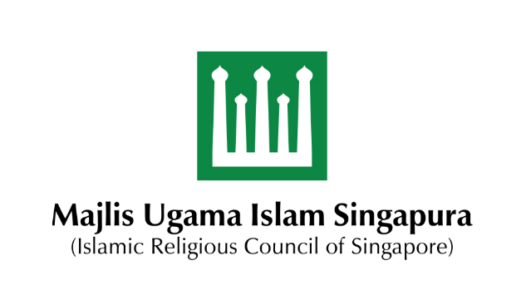Migrant workers express frustration over advisory to pray at dormitories instead of mosques, citing contradictions and unfairness in the message.
SINGAPORE: The role of migrant workers in shaping Singapore is undeniable. Yet, how their lives are shaped in return is often a point of contention, as highlighted by a recent advisory from the Singapore Bangladesh Society (SBS) and the Islamic Religious Council of Singapore (MUIS) that urged Bangladeshi Muslim transient workers to perform Eid prayers in their dormitories rather than at mosques—buildings they helped construct.
The notice, which has since been taken down, suggested that the crowded conditions and potential safety concerns made it preferable for migrant workers to stay away from mosques during Eid, a time for reflection, forgiveness, and community. The message was seen by many as reinforcing the isolation of migrant workers, subtly implying that they should remain invisible during the festive period, even though they are integral to the city’s fabric.
Poor Messaging and Unintended Consequences
The advisory cited overcrowding, road blockages, and the safety of the congregation as reasons for the request. However, many migrant workers found the message offensive and unclear, prompting MUIS to issue a clarification. While the council apologized for the poor wording, it clarified that the intent was never to segregate migrant workers or prevent them from attending mosques. The advisory was meant to encourage workers to attend less crowded locations, such as their dormitories, to avoid congestion during the busy morning of Eid.
Despite the clarification, the damage had already been done. The initial advisory, brief and blunt, failed to consider the cultural and emotional significance of Eid prayers for migrant workers, who, due to their long working hours, often find it difficult to attend mosque at the required times.
The discrepancy between the original message and its clarification led some to question the effectiveness of communication with vulnerable groups. Critics pointed to the well-produced public relations materials aimed at the general public, suggesting that the message directed at migrant workers lacked the same level of care and sensitivity.
A Long History of Segregation
Adore, a 38-year-old migrant worker in Singapore since 2009, remarked that the advisory seemed contradictory, especially given the participation of migrant workers in Ramadan iftars and Friday prayers at the same mosques they were now being asked to avoid. “I don’t understand why MUIS has sent such a notice, especially when most of Singapore is fully vaccinated against COVID,” Adore said, referring to his frustration with the perceived injustice of the situation.
His experience echoes a troubling history of segregation within religious practices. In 2013, Adore was told to wait outside a mosque during Eid prayers, as Singaporean Muslims were given priority while migrant workers were relegated to the second and third sessions. While this may not have been intended as segregation, Adore and others felt the emotional sting of exclusion.
Unfairness in the Message
Despite understanding the rationale behind the advisory to alleviate crowding, Adore still felt that the request was unfair. “It’s one thing to recommend quieter sessions, but to directly ask us to pray at the dormitories doesn’t seem fair,” he said. For migrant workers, the opportunity to pray at the mosque during Eid is an important link to their home culture, offering a sense of belonging and community. Jahid, a 28-year-old worker who has been in Singapore for seven years, shared a similar sentiment: “We come here to work and support our families, but when we’re back home, we pray at the mosques. We miss that time here.”
A Call for Greater Sensitivity
The advisory’s poor communication could have been avoided with a more inclusive approach, especially given the emotional and cultural significance of religious practices for migrant workers. Any future advisories should carefully consider the feelings and needs of this group, as they are already marginalized in many ways.
Although MUIS clarified that the intent was not to discriminate, the impact of such messaging still lingers. Migrant workers continue to face exclusion, not just in their religious practices, but in broader societal contexts. The phrasing of this advisory unwittingly reinforced the notion that migrant workers should make way for the rest of society, even in the most sacred of moments.
Ultimately, fairness is not just about the intent behind a policy but the outcomes it produces. In this case, the result was a sense of exclusion and frustration among the very people who contribute so much to the nation’s prosperity.
Names have been changed to protect the identity of the profiles.








